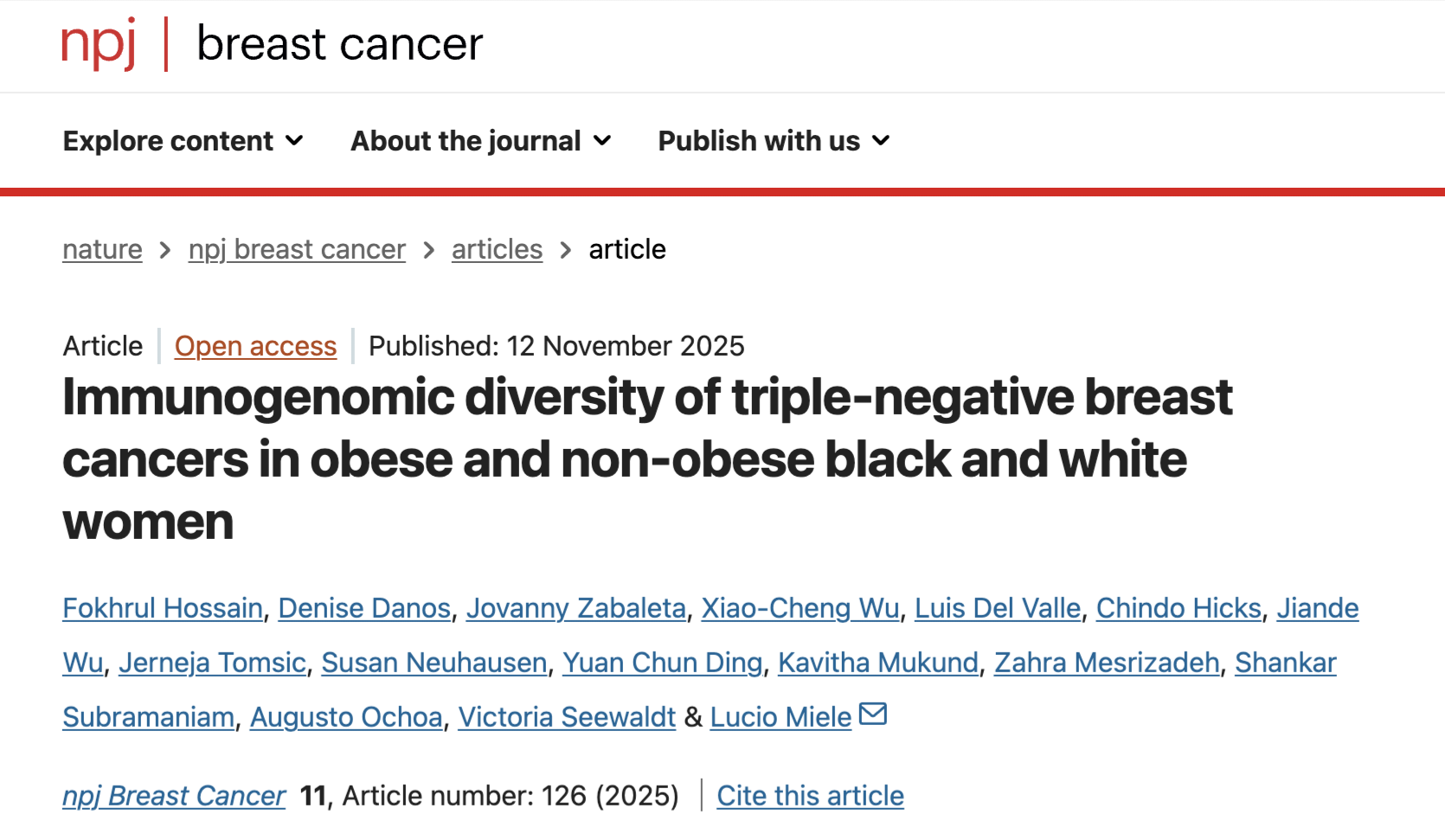.png)
Gauging the Population's Mental Health
A high percentage of smokers receive mental health care on an outpatient basis, a fact that went unrecognized until Tulane Population Health Scientist Michael Hoerger, PhD, brought it to light through a collaboration with the Louisiana Public Health Institute. (LPHI)
"Outpatient mental health smokers are a group that are not typically the focus of mental health care. The traditional focus is on helping people with depression or anxiety. Because of this collaboration with LPHI, we've identified a high needs population and steered them towards the Louisiana Quit-Line as a resource."
Dr. Hoerger is on the Louisiana Cancer Research faculty and is Associate Professor of Psychology and Psychiatry at the Tulane Cancer Center. He uses basic psychological discoveries to improve public health. On another project, he researched variations in end-of-lifecare for people with metastatic cancer to suggest ways to ease their last days.
He found that in general, African-American patients as well as those with anxiety were more likely to receive highly aggressive care near the end of their lives. At that end-stage, Dr. Hoerger says the burden on the patient and their family makes a difficult experience even harder. "Aggressive care at that stage usually causes more symptoms and side effects and leads people to be in the hospital more. Most people prefer to be home."
The pandemic has created new areas of study for Dr. Hoerger who just received a grant to perform a community-based survey research of foodservice workers who find themselves exposed to COVID-19 in the course of merely doing their jobs. "They didn't sign up for such a high degree of risk. We hope our research will identify the best ways to help reduce the stress of the pandemic."




